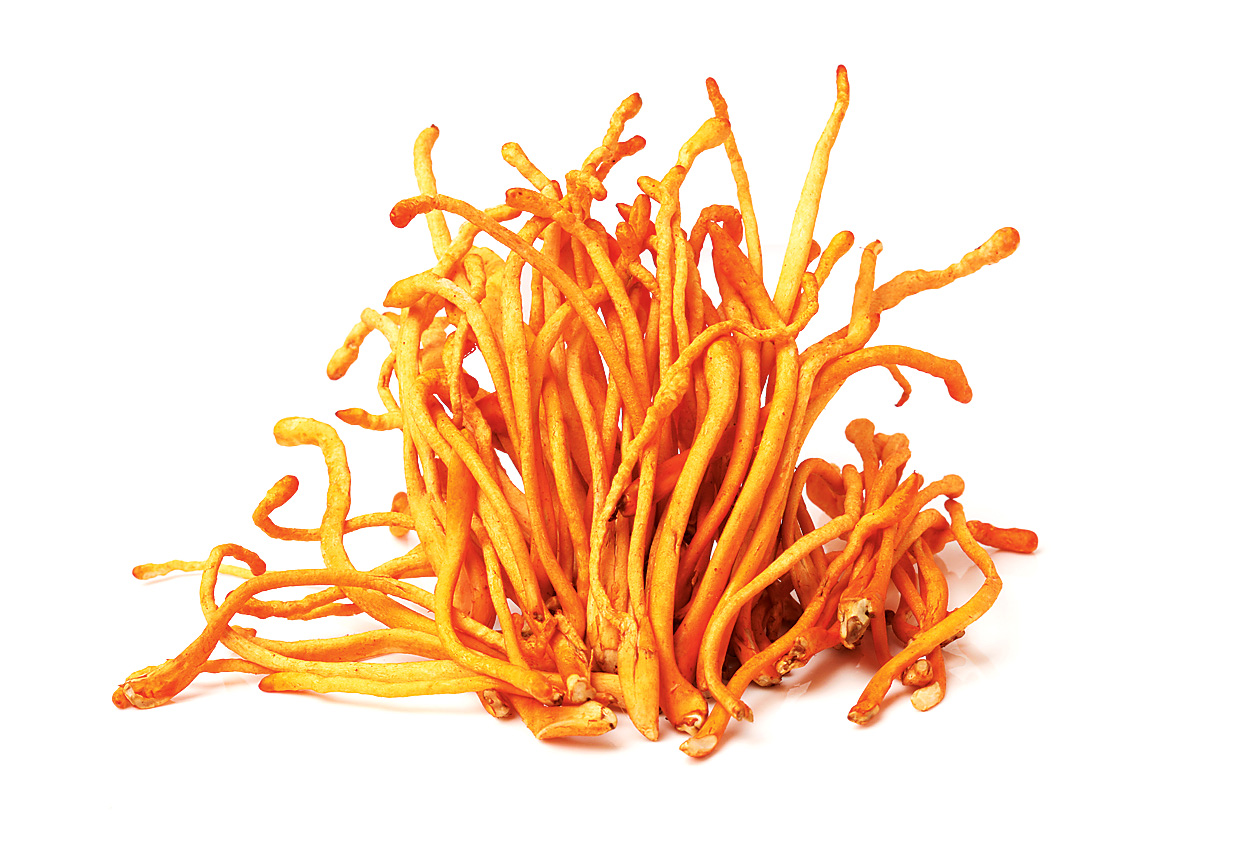The flu you had as a child just might be protecting you today
Why does the same strain of the flu virus hit some people harder than others? According new research by scientists at the University of California–Los Angeles (UCLA) and the University of Arizona, the explanation may be that the first flu contracted in childhood confers some immunizing benefit.
Their study, published in the journal PLoS Pathogens, found that those who fought off H1N1 (swine flu) in childhood were less likely to end up in hospital if they had to fight off the virus again in adulthood. The same trend was found among those who fought off H3N2 (bird flu) in childhood, according to an analysis of health records from hospital and private physicians obtained by the Arizona Department of Health Services.
The bird flu finding was of particular interest to researchers since H3N2 tends to cause a higher number of deaths or severe cases among the elderly.
In 2016 the same group of researchers discovered that exposure to flu viruses in childhood provides partial protection not only from the same strains of flu in later life, but also from other strains that are somewhat related but distinct.
The recent study, however, also shows that the protective effect isn’t guaranteed. Those who had H2N2 in childhood, a strain of influenza related to swine flu, weren’t found to cope any better when they contracted swine flu in adulthood. Those who had either swine flu or bird flu in childhood were better able to cope with either strain in adulthood, but only to a partial degree—they didn’t get the same protection as those fighting off a strain they had already encountered before.
“Our immune system often struggles to recognize and defend against closely related strains of seasonal flu, even though these are essentially the genetic sisters and brothers of strains that circulated just a few years ago,” said lead author Katelyn Gostic, a UCLA doctoral student when the study was conducted. “This is perplexing because our research on bird flu shows that deep in our immune memory, we have some ability to recognize and defend against the distantly related, genetic third cousins of the strains we saw as children.”
Photo: iStock/Sasha_Suzi.





